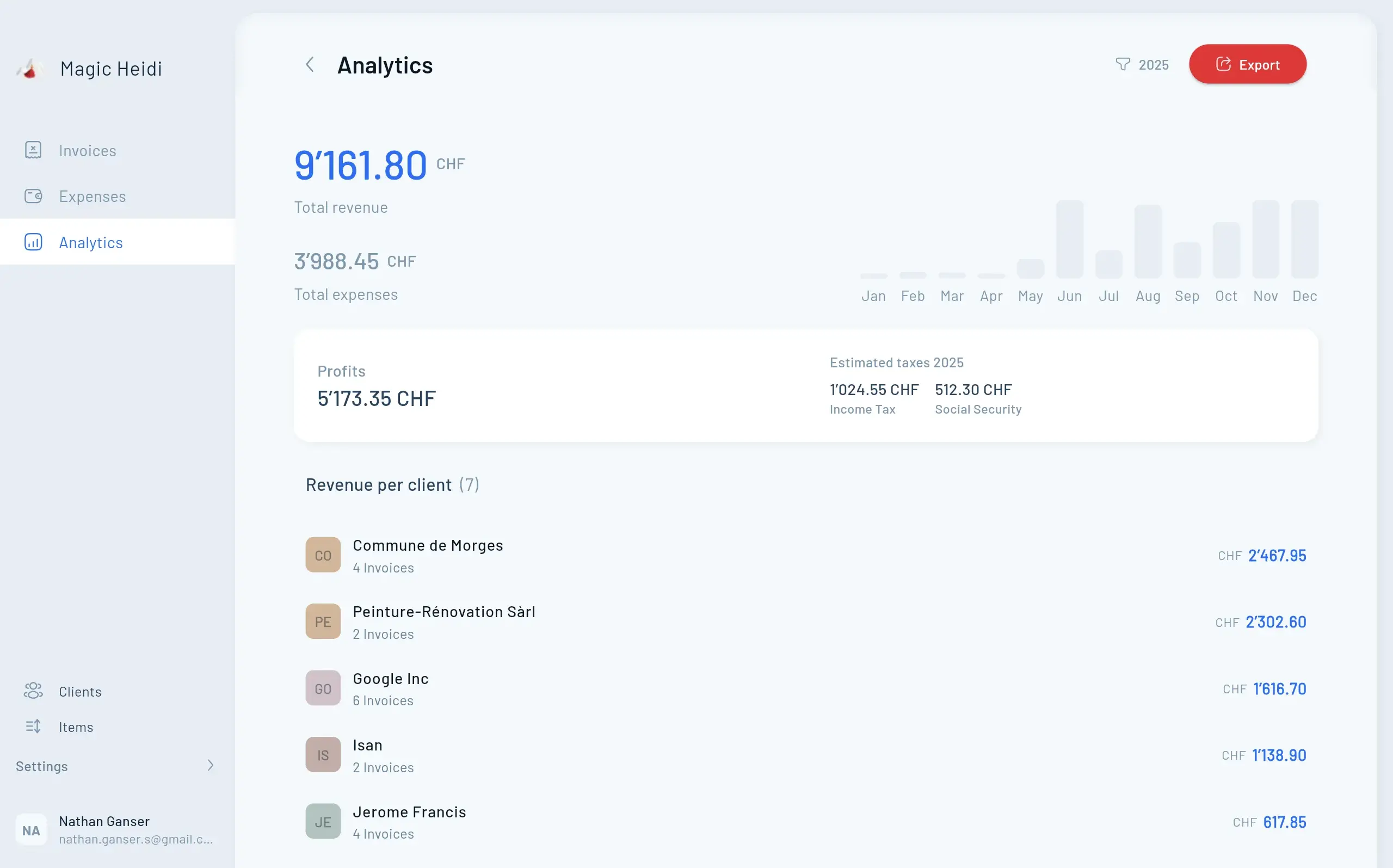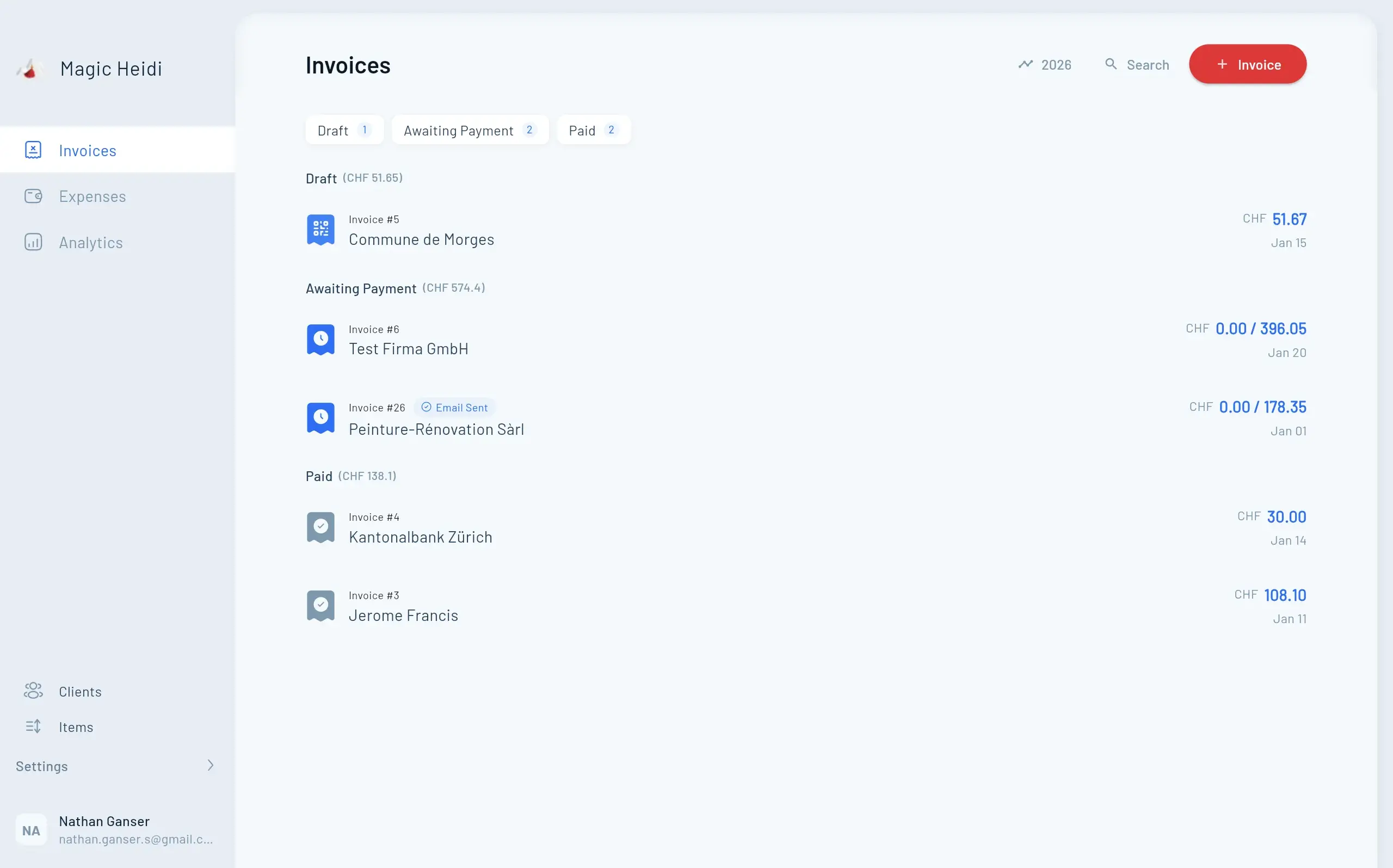Swiss working-time protections under the Employment Act (ArG) are designed primarily for employees. Many freelancers operate as self-employed (Selbständigerwerbende / indépendant) and set their own hours—meaning the strict 45/50-hour caps typically aren’t enforced the same way as they are in employment relationships.
However, freelancers can still be affected by the working-time framework in several common scenarios:
If you work under conditions that look like employment (high control by the client, integration into their organisation, fixed schedule, dependency), employee rules can become relevant in disputes or audits—especially around worker protection.
If you’re the owner-manager of your own company, you may still be an employee of that company in certain respects. That can pull working time, overtime, and documentation expectations back into the picture—particularly once you also hire staff.
The moment you employ people, ArG working-time rules can apply to them, and you’ll need systems for scheduling, rest periods, and overtime management.
Some industries and client environments (e.g., healthcare, transport-related contexts, regulated operations) treat work scheduling much more strictly.
Practical bottom line for freelancers:
Even if you’re not legally “capped” the way employees are, the Swiss 45/50-hour system is still an excellent benchmark for sustainable capacity—and it becomes crucial the moment your work structure looks like employment or you employ others.




